Today, we’re discussing free financial advice, actually all financial advice.
The number of wealthy women who have shared that they continue to get unsolicited financial advice is mind-boggling.
But over the years, I’ve learned a few things about unsolicited and solicited financial advice.
Getting good advice from a qualified advisor is critical to securing a retirement and financial future you love.
Now, the situations I’ve seen are different.
One person shared that they will listen to anyone, and I was like, how terrifying is that?
Others shared that they don’t want advice.
Sometimes, a person is not qualified when paid. This can be as dangerous as getting free, unsolicited financial advice, which most people think is good.
But it got me thinking about all kinds of advice and when it’s good and when it’s not, which we will dive into.
Overview of what you will learn:
>> When you need free advice and when you need an advisor
>> How to find a qualified financial professional
>> Common mistakes you want to avoid with your personal finances
>> Where to find pro bono services
Summary: Wealth Inside and Out® Podcast – “Free Financial Advice – When It’s Good and When It’s Not”
Welcome
Hi, my name is Annette Bau (bah oo).
I’m a Certified Financial Planner™ and founder of The Millionaire Insider®.
This is the Wealth Inside and Out® Podcast.
Your Next Step Financial Assessment
If you need help on the best next step to secure your financial future, click here.
FREE Financial Freedom Formula Guide
Our free resource is the Financial Freedom Formula Guide. You can download the guide here: Financial Freedom Guide.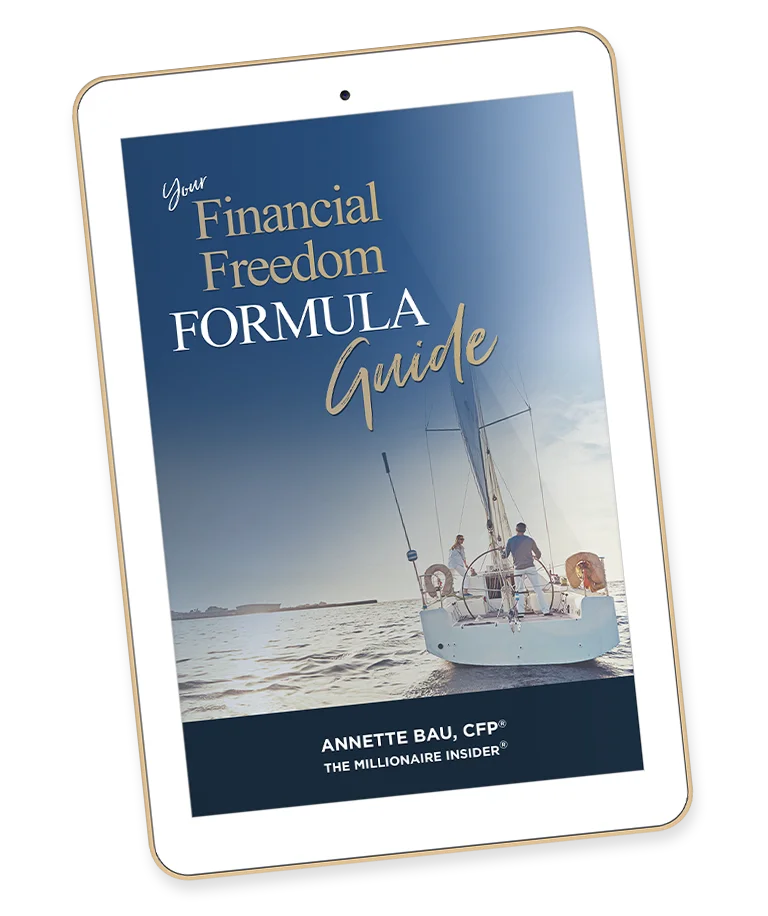
This resource provides critical insight into securing a financial future and retirement you love. One recommendation for your financial journey is to get clear on your end goal.
You will also gain insight into the three Levels and why they are critical to creating your dream life.
Download this free guide here: Financial Freedom Formula Guide.
Disclosure
All materials and intellectual property are copyrighted by MillionaireSeries.com®.
This information is for educational purposes only. It is not intended to replace any advisor or specialist or provide investment, financial, tax, retirement, planning, or healthcare advice.
By accessing this content, you agree to hold MillionaireSeries.com® and its affiliates harmless for results achieved or not achieved.
Free Financial Advice – When It’s Good and When It’s Not

It’s likely that sooner or later, you’re going to have a question about a financial product. Maybe it’s Social Security, debt management, or even a credit report. You may start searching online or asking people about whatever topic you need help with.
Sometimes, you may need free financial advice if you don’t know what to do and do not have the money to hire a qualified advisor to help you with your personal finances.
This situation differs from people who have money and can afford to hire a qualified financial advisor.
You either can’t afford it or don’t know what to do, but you want to get your financial house in order. That’s one lane. Or, you’ve got money and can afford someone. But finding somebody who is qualified is your challenge.
Getting free financial advice, especially unsolicited, can be dangerous. I want you to be clear on those two paths.
Free Educational Resources
In our blog, we dive into several free options.
The National Foundation for Credit Counseling (NFCC) provides free and affordable credit counseling services in the US.
The Financial Planning Association (FPA) offers pro bono financial planning services and opportunities to talk with a CFP®. 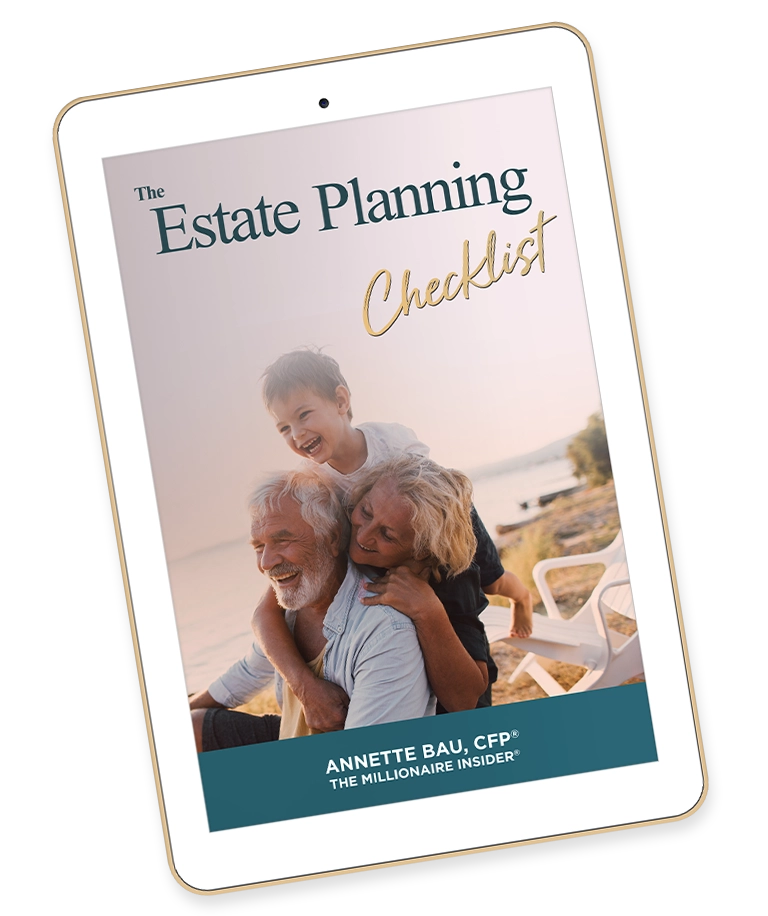
The Consumer Financial Protection Bureau (CFPB) offers financial literacy resources and tools.
And the Department of Housing and Urban Development (HUD) offers support regarding Americans’ housing needs.
Some financial institutions, including banks and credit unions, provide free blogs and resources.
All those are good, free financial counseling options.
Online Resources
The Millionaire Insider blog is a perfect option for that. You can go to https://themillionaireinsider.com/blog and view our library of extensive resources.
Online Options

In the podcast, we dive into problems resulting from advice from peers who do not understand your situation and are not qualified to give you advice.
Unsolicited Financial Advice
It is curious when I hear people who have money share that they’re getting all this unsolicited advice from a financial planner.
Successful financial planners don’t have the time or need to give free financial advice. While there are a few exceptions for providing free financial advice when a person is not registered with the SEC or the state, generally, it violates the investment advisor code. So just be aware of that.
The focus in our community is threefold. It’s for people who
1. Know that their affairs are handled.
2. Want to stop worrying 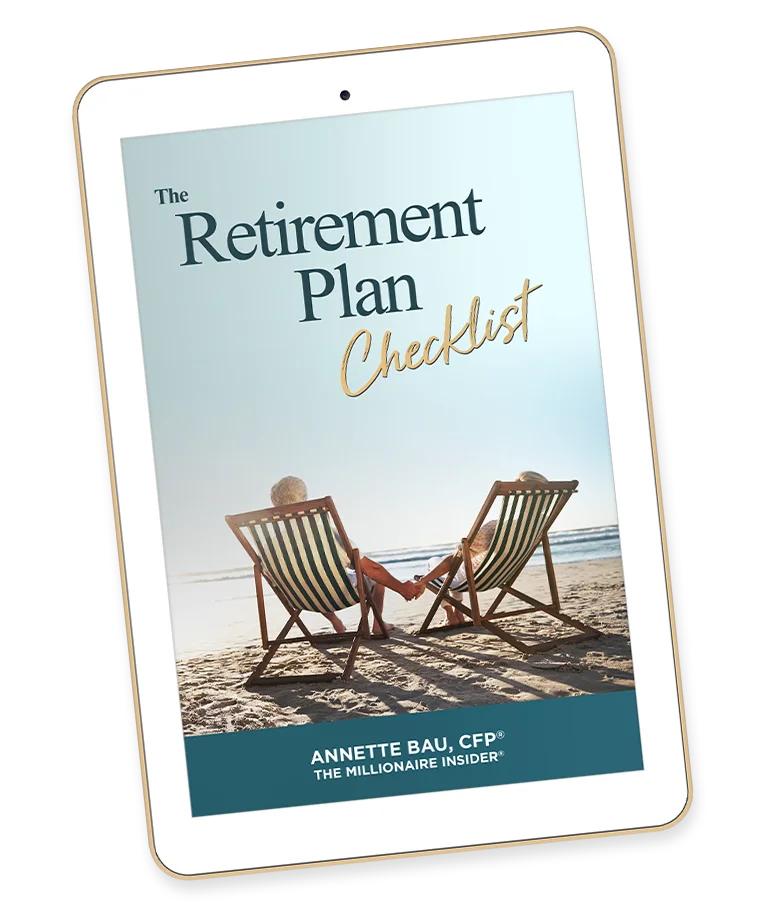 about whether they are doing the right thing.
about whether they are doing the right thing.
3. Know they need support and can’t afford a financial advisor.
The key is, wherever you get your support, make sure the person teaching the course is qualified. There are a lot of experts who are not qualified.
I’m not saying you can’t teach someone insight on mindset, but if you’re teaching someone on money mindset, you need to know about wealth.
Money and Financial Coaches
These individuals are not registered with the SEC or FINRA.
If you need mindset, accountability, budgeting, help getting a raise, etc., then a money or financial coach could be perfect.
You should not get financial planning or investment advice from them, even though some are giving it out. One of the biggest concerns is that it could be illegal, depending on their actions.
But the other issue is we’ve not had a true down market for 14 years, and most money coaches and financial advisors have never experienced a recession or a severe down market.
When investing, you must know that the stock market can and will go up and down. So, you’ve got to hire somebody with expertise and understanding of your financial situation who can help you create a plan so you will be okay if the market declines.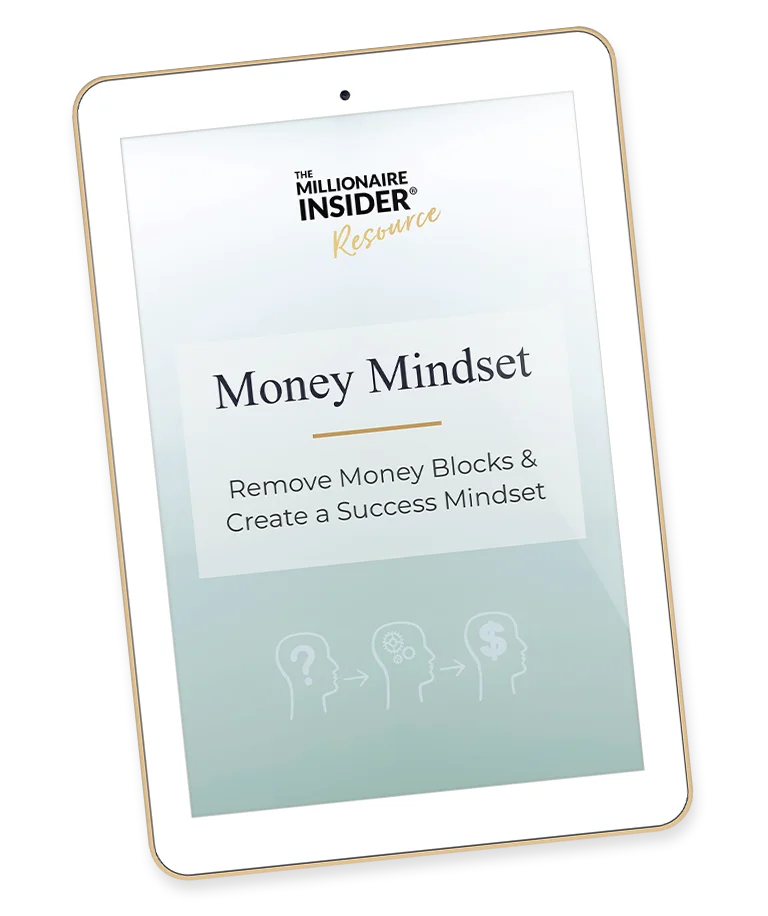
It will likely be a nightmare when the stock market drops. It is easy to give people financial advice when the market’s going up, but when it drops, that’s a problem, especially if you want to secure your retirement.
Financial Advisors
The ultimate goal is to find a person who is registered, qualified, and has a fiduciary duty.
A fiduciary duty is the fact that they must put your interests first.
Qualified, in my terms, means that they have the experience to guide you in achieving your goal. To determine if this is the case, you’ve got to ask really good questions until you’re comfortable with their level of knowledge.
Registered means they’re registered as an investment advisor with either the SEC or their state. They are required to provide you with a copy of their ADV.
Solicited Financial Advice

Most people think getting free advice from people happens when someone is trying to sell something, which can be true. But many people make equally devastating financial mistakes when paying for advice.
Real-World Advice
Delegate, but don’t Abdicate
In the podcast, I share examples of financial advice that was solicited and paid for, and the result was devastating.
My research and experience show that rich people (those with high incomes and high debt) are more likely to hire an advisor who tells them what they want to hear.
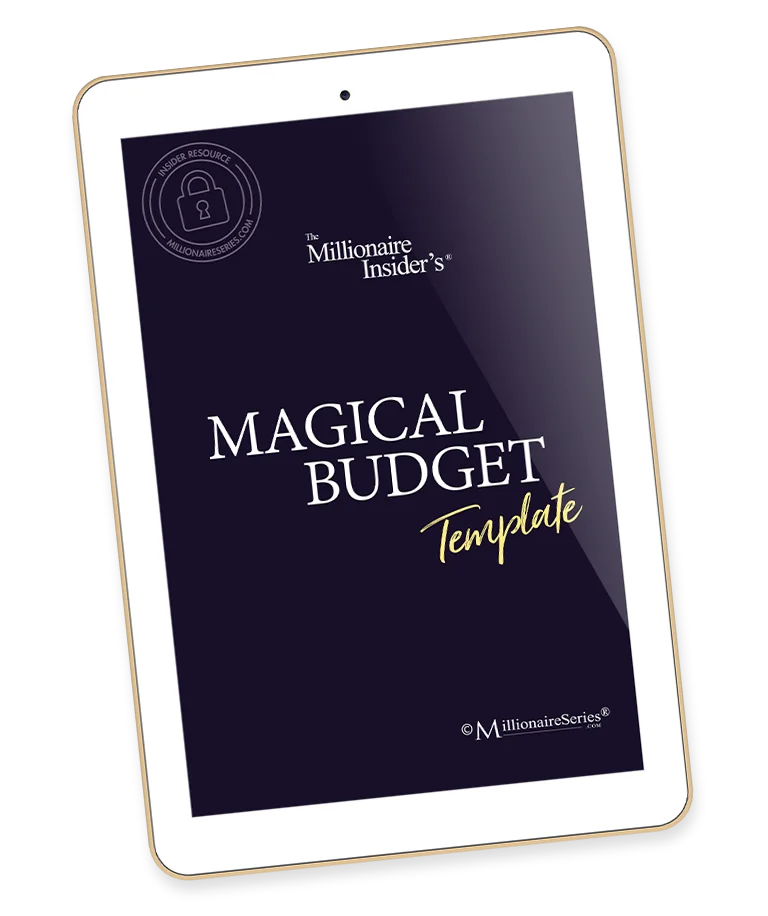 Advisors who disagree with their agenda are often fired.
Advisors who disagree with their agenda are often fired.
They will continue searching for an advisor to allow and enable their behaviors.
Unfortunately, the result is a much higher probability that they will retire broke.
Because then you’re doing things that allow you to keep overspending, not saving.
The belief that if you save for retirement, you can’t enjoy your life now is entirely untrue.
This belief is a problem.
How to Get Good Advice From a Qualified Advisor
In the podcast, we dive into several factors, including:
Experience
I would encourage you to look at the experience of a personal financial advisor.
Who have they advised?
What type of clients do they advise? Wealthy or middle class?
How do they charge their fees?
Do they follow their advice or not?
Surprisingly enough, many financial advisors do not have a lot of wealth.
Qualifications of the Advisor

You also want to look at an advisor’s qualifications from a business perspective.
Find an advisor who helps you do what you need done, not somebody who tells you what you want to hear.
Do they have a Fiduciary Duty?
Do they have to put your interests first? That is, in my opinion, one of the most critical aspects.
Even if they’re earning commissions, that’s okay if they have a fiduciary duty, meaning your interest comes first.
What are their certifications and education?
Are they a CFP, a certified financial planner, or an investment advisor? You want to find that out.
I have a BS in finance and an emphasis in psychology.
While finance is important, so is psychology.
You should know numbers, markets, and how people’s minds work.
That said, you have to figure out for yourself what will work.
Recap “Free Financial Advice – When It’s Good and Not Good”

1. Determine if you need free financial advice because you can’t afford to pay a qualified advisor. Now, is that really true, or are you just scared about spending money? Or you don’t want to know?
2. If you have money and can afford to hire a qualified financial advisor, do so.
You’ll be so glad you did.
3. Hire the right financial advisor
Take the time to interview prospective financial advisors to ensure they’re what you need.
Review their experience and qualifications. Do they have a fiduciary duty? What are their certifications and education? And then make sure their expertise works for you.
So, there you have it.
Until our next episode, take one action that will help you create a secure financial future and retirement you love.
Click here to get your free financial checkup:
Follow and Subscribe
If you love the content, please open the Apple Podcast on your iPhone. Scroll down to the bottom, click five-star review, and leave a review. We really appreciate it.
Click here to follow and leave a review.
Thank you for joining us for
“Free Financial Advice – When It’s Good and Not.”
I’m Annette Bau (Bah oo).
All international copyrights are reserved.

